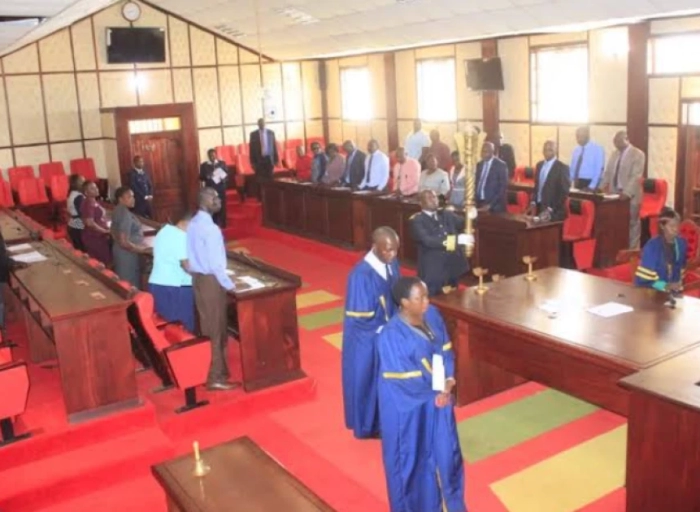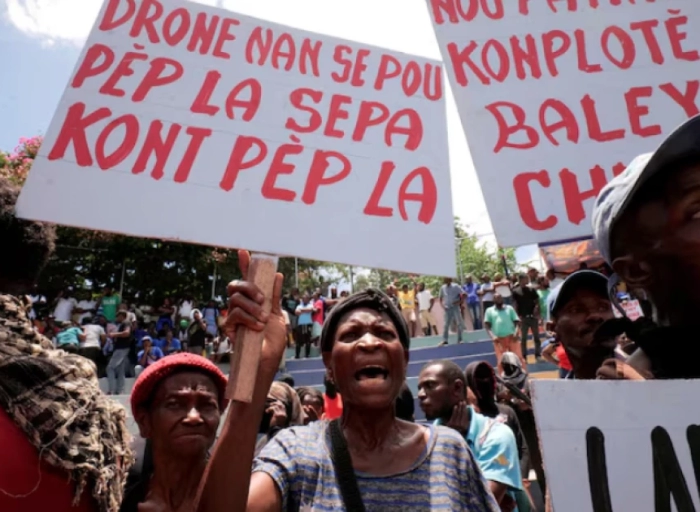Iranian authorities on Saturday conducted a public execution in the northwestern city of Bukan, following the conviction of a man for the rape and murder of a young girl. The execution was carried out at the request of the victim’s family and local citizens, reflecting the intense emotional response the case sparked across the community.
According to Mizan Online, the official judiciary news outlet, the case received “special attention due to the emotional impact it had on public opinion.” Naser Atabati, the provincial chief justice, confirmed that the death sentence—initially issued in March—had been upheld by the country’s highest court.
In Iran, capital punishment is legally sanctioned for crimes such as rape and murder. While public executions by hanging are not an everyday occurrence, they are sometimes employed in cases considered particularly egregious, serving both punitive and symbolic purposes.
Iran remains among the countries with the highest execution rates globally, second only to China, according to human rights organizations including Amnesty International. This latest execution reignites international debate over Iran’s use of capital punishment, particularly in public settings, which rights groups have long condemned as inhumane and psychologically damaging to onlookers.
The case underscores the ongoing tension between demands for justice by grieving families and global concerns about human rights and due process.



